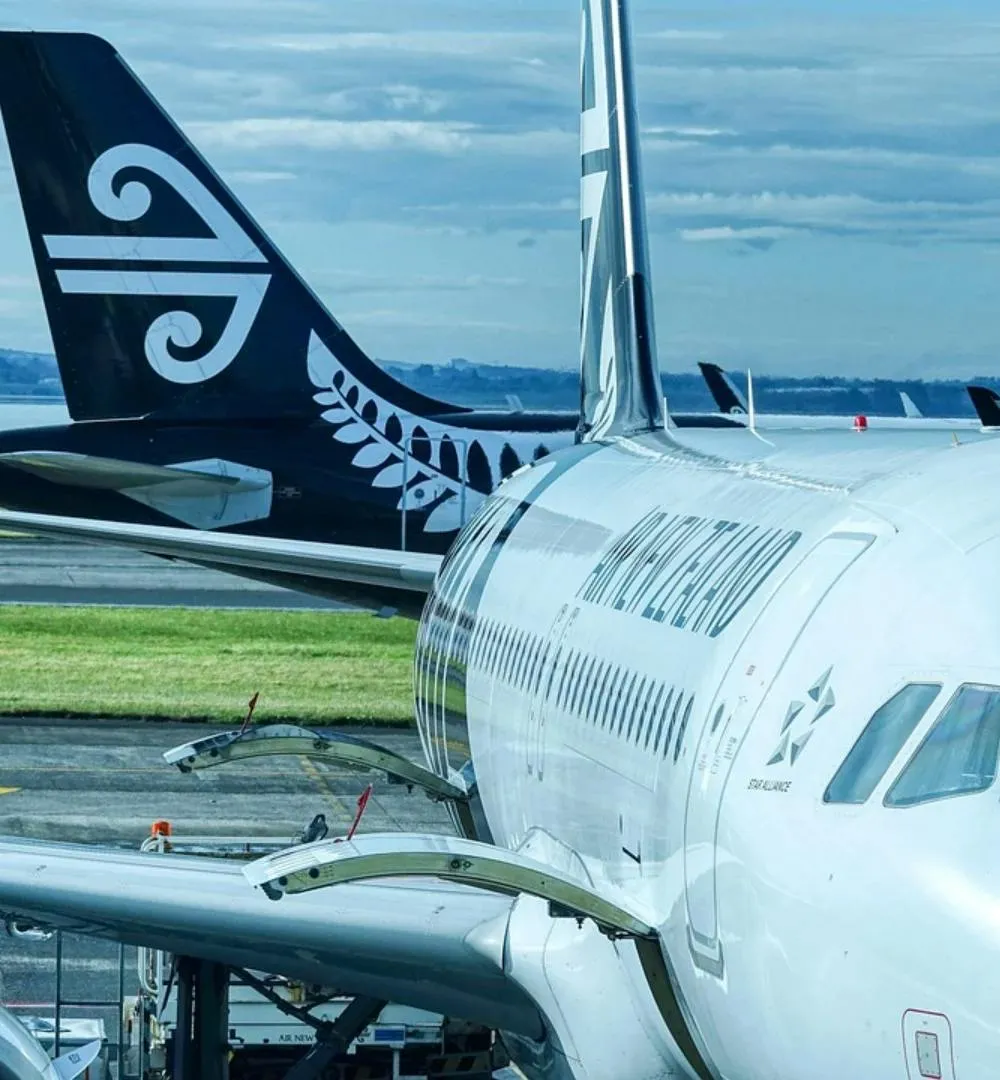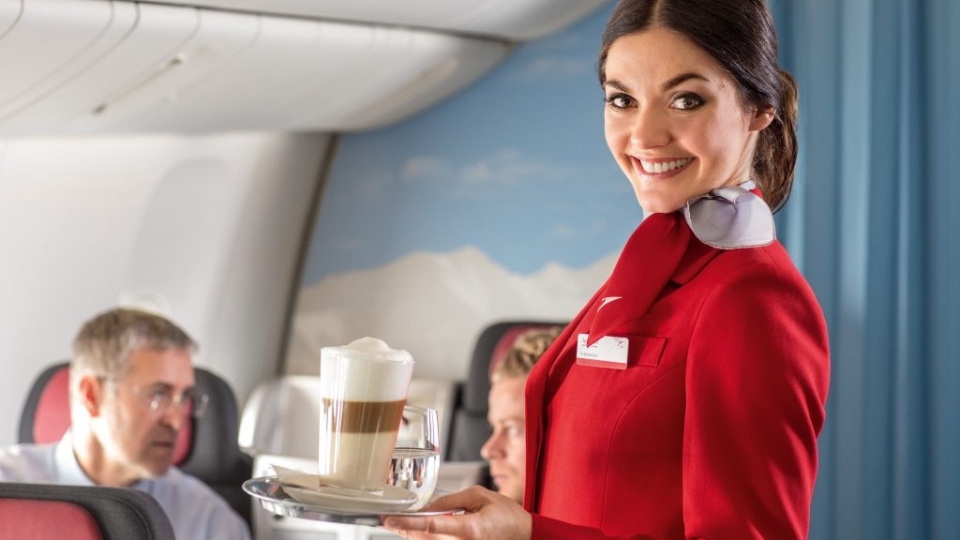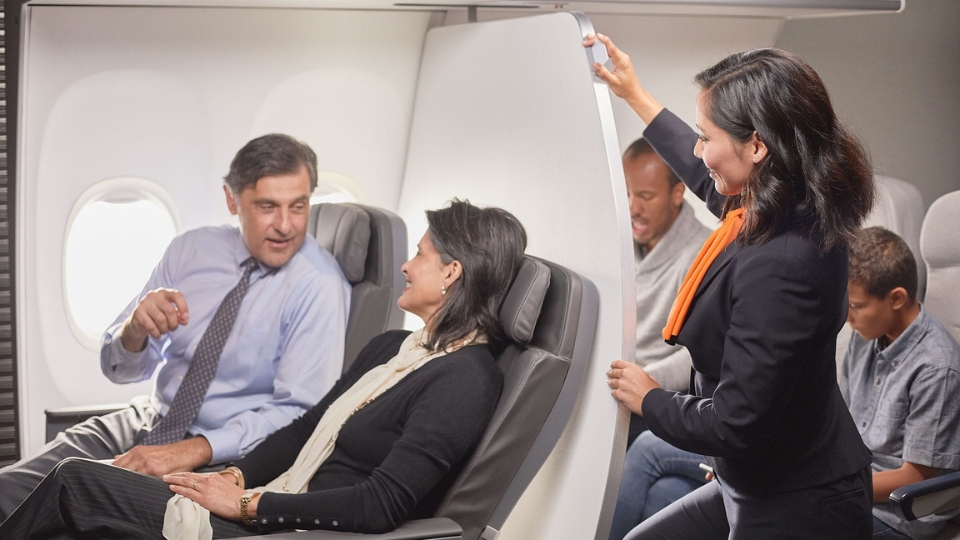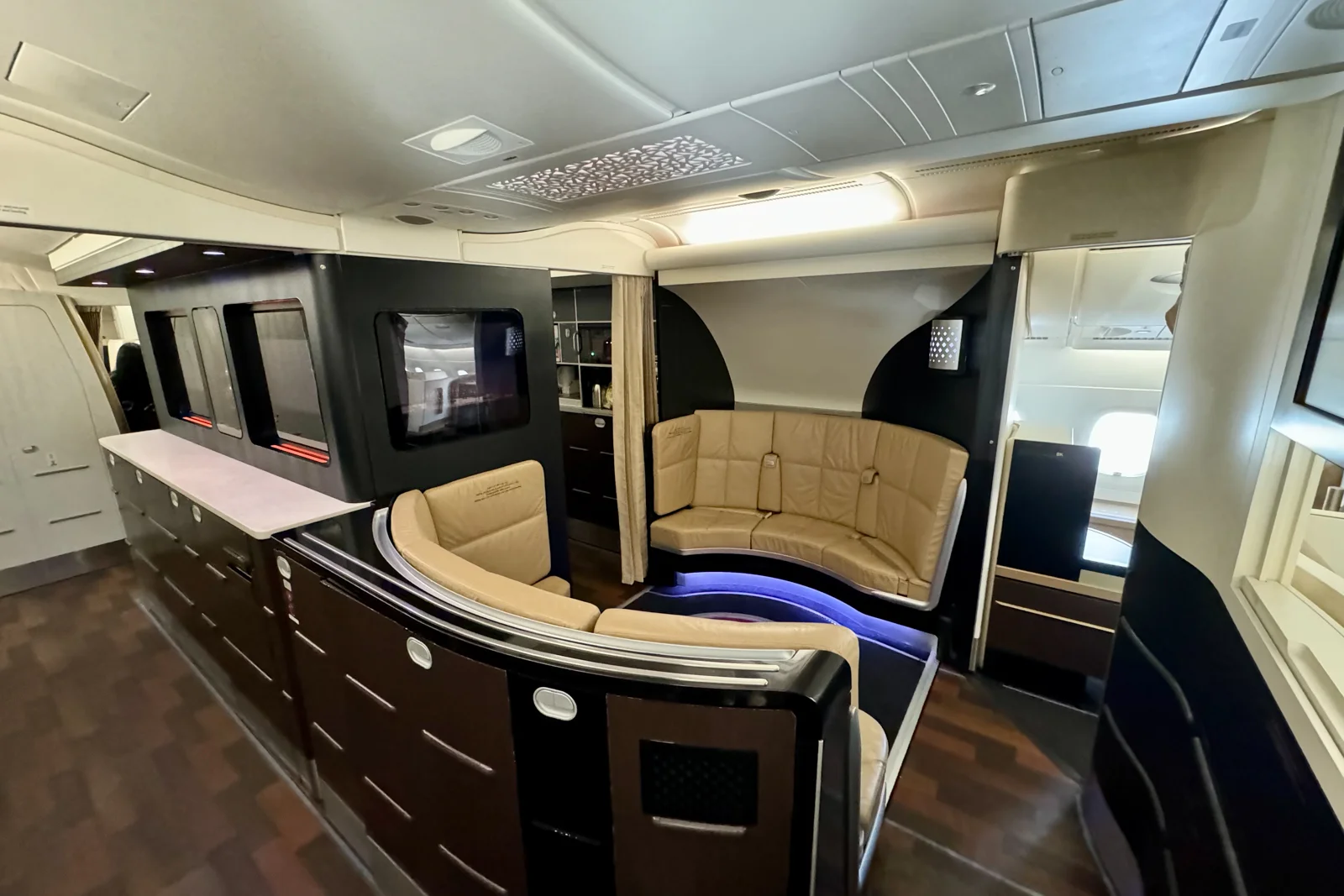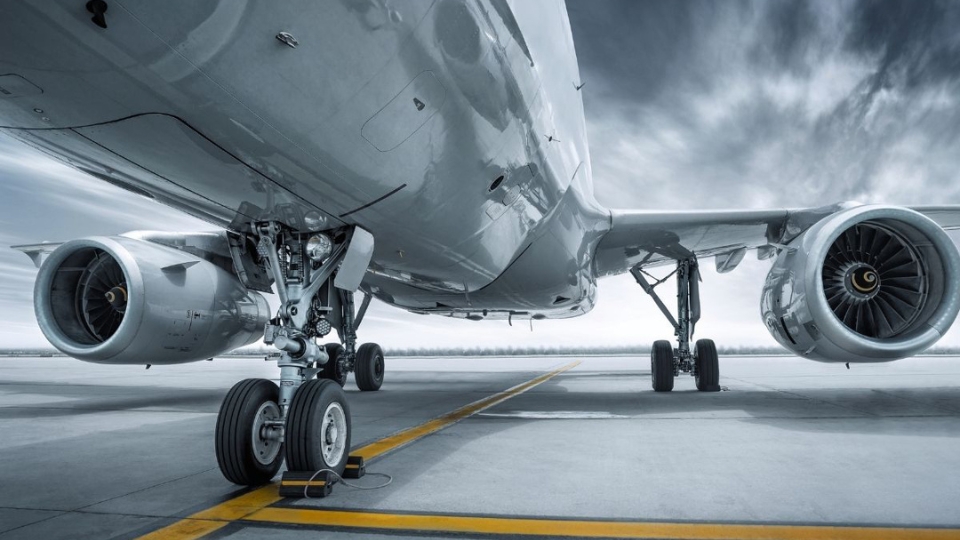Air travel brings together people from all walks of life in confined spaces for extended periods. Most flights are smooth, but occasionally, airline staff must manage difficult passengers—those who are disruptive, aggressive, non-compliant, or emotionally distressed. Flight attendants, gate agents, and ground crew face these situations head-on. Their approach combines training, emotional intelligence, and safety-first thinking. Here’s how they manage these challenges from the frontline.
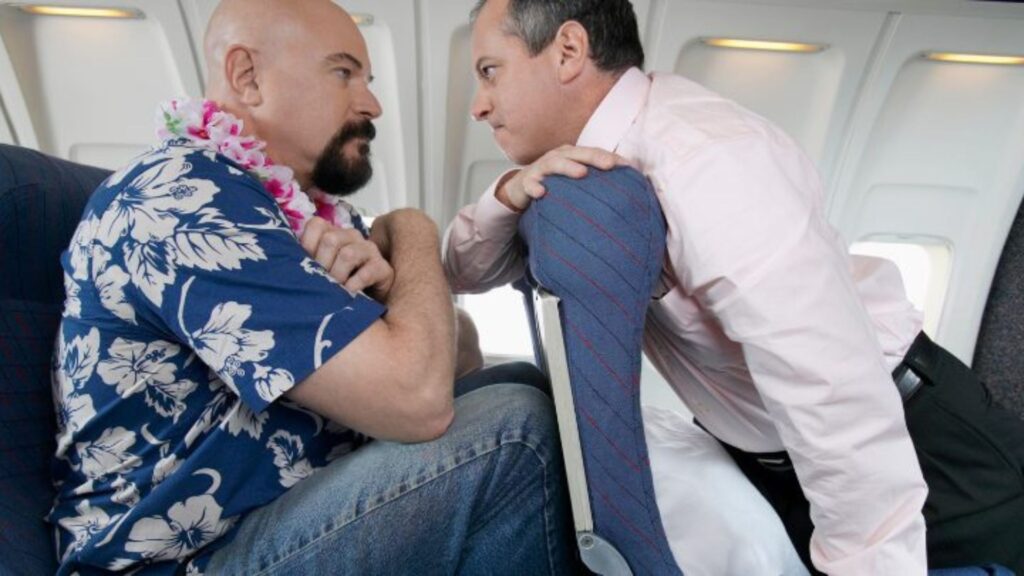
Training Starts on the Ground
Before setting foot on an aircraft, flight attendants and frontline airline staff undergo extensive training in:
-
Conflict de-escalation
-
Crisis communication
-
Recognizing signs of intoxication or aggression
-
Cultural sensitivity and mental health awareness
-
Legal obligations and airline policies
This preparation helps crew remain calm and professional in high-stress situations, knowing when to talk, when to set boundaries, and when to escalate.
Spotting the Signs Early
Experienced crew members are trained to observe behavior patterns that might indicate a passenger could become difficult. Early warning signs include:
-
Slurred speech or smell of alcohol
-
Repeated arguments with fellow passengers or staff
-
Ignoring boarding instructions
-
Loud or agitated tone
Addressing issues early—before the doors close—is critical. Gate agents may choose to deny boarding if a passenger appears unfit to fly due to intoxication, aggression, or non-compliance.
Emotional Intelligence and De-escalation
The first response is almost always verbal and calm. Crew members use empathetic communication to defuse tension.
Common de-escalation techniques include:
-
Listening without interrupting
-
Maintaining a calm, non-threatening tone
-
Offering solutions or compromises
-
Avoiding confrontation or sarcasm
-
Setting firm, clear boundaries
For example, a passenger upset about a seat change might be reassured, offered a complimentary item, or re-seated if possible.
Following a Safety Protocol
If the behavior escalates or endangers others, cabin crew follow strict Standard Operating Procedures (SOPs):
-
Warning issued to the passenger
-
Crew logs the incident in detail
-
Captain is informed immediately
-
In-flight restraints (if necessary) may be used
-
Law enforcement is notified to meet the aircraft upon landing
Safety of the crew and passengers always comes first. Intervening too late or ignoring threats can escalate risks dramatically.
Alcohol: A Common Trigger
Many in-flight disruptions involve alcohol. Airlines have strict rules about alcohol consumption:
-
Only crew-served drinks are allowed on board
-
Passengers may not consume their own alcohol
-
Intoxicated passengers may be cut off from further service
Flight attendants are trained to refuse service discreetly but firmly, and to monitor at-risk passengers for signs of escalation.
Legal Consequences for Disruptive Behavior
Unruly passengers may face serious consequences, including:
-
Fines or criminal charges
-
Travel bans on certain airlines
-
Diversions that result in delays and legal liability
-
Arrest upon landing by airport security or local authorities
These consequences are a deterrent—but also underline how seriously the industry takes in-flight safety.
Support for Crew After Incidents
Dealing with aggressive or difficult passengers can take an emotional toll. Many airlines offer post-incident support, including:
-
Counseling services
-
Peer support groups
-
Additional safety training
-
Rest or modified schedules after high-stress events
Supporting frontline staff ensures they remain mentally healthy and ready to continue providing safe, professional service.
Conclusion
Handling difficult passengers isn’t just about keeping the peace—it’s about ensuring flight safety, protecting passengers, and maintaining the professionalism that defines modern aviation. With training, vigilance, and empathy, airline staff handle these challenges daily—often without passengers even realizing a potential issue was quietly resolved.


